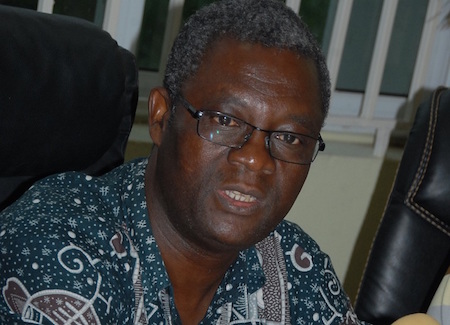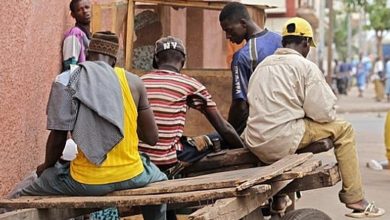SADA needs image cleansing – USAID

The United States Agency for International Development (USAID) has mapped out an ambitious programme aimed at rebuilding public confidence in the Savannah Accelerated Development Authority (SADA).
The USAID began with a three-day capacity assessment workshop in Tamale which brought together stakeholders from the academia, SADA, the clergy, civil society organizations and the media.
The event was targeted at harnessing the inputs of the participants to address some of SADA’s operational and administrative weaknesses.
SADA’s Chief Executive Officer, Charles Abugri at the opening ceremony admitted that SADA had reputational and delivery capacity problems to address in line with its agenda.
He urged the participants to brainstorm and present useful information needed to reinvent SADA.
He nevertheless appealed to development partners and the donor community to support SADA to serve its targeted constituents.
Interestingly, some SADA staff acknowledged that public criticism hyped by the media in the past was born out of leadership paralysis.
At the climax of the three-day workshop, one of the lead facilitators, Miss Lawrencia Adams concluded that SADA had a bright future under the current management and Governing Board.
“The participants were very insightful into what SADA has been doing so far, they seem to be very clear on what they want SADA to do for them and I think that leadership, the new Board and management are committed to reforming the organization for it to be able to really meet its mandate.”
She observed that some few communication gaps existed within SADA but was hopeful that recommendations sourced from the workshop will help change the situation.
Dr. John Azu of Africa leads described the workshop as reasonable. “We were here just to help put together a composite understanding for the development partners to see the promise that SADA holds as well as provide them with basic information on areas in which they can assist SADA to discharge its duties.”
He posited that SADA needed the fullest complement of staff capacity and adequate resources to deliver on its mandate.
“SADA holds so much promise, it has the mandate and it also has the structures that could enable it to do a lot of work: coordination works for the northern region.”
He lamented, “Unfortunately it had a very difficult beginning and the systems, structures required to run an efficient and high-performance organization were not in place.”



